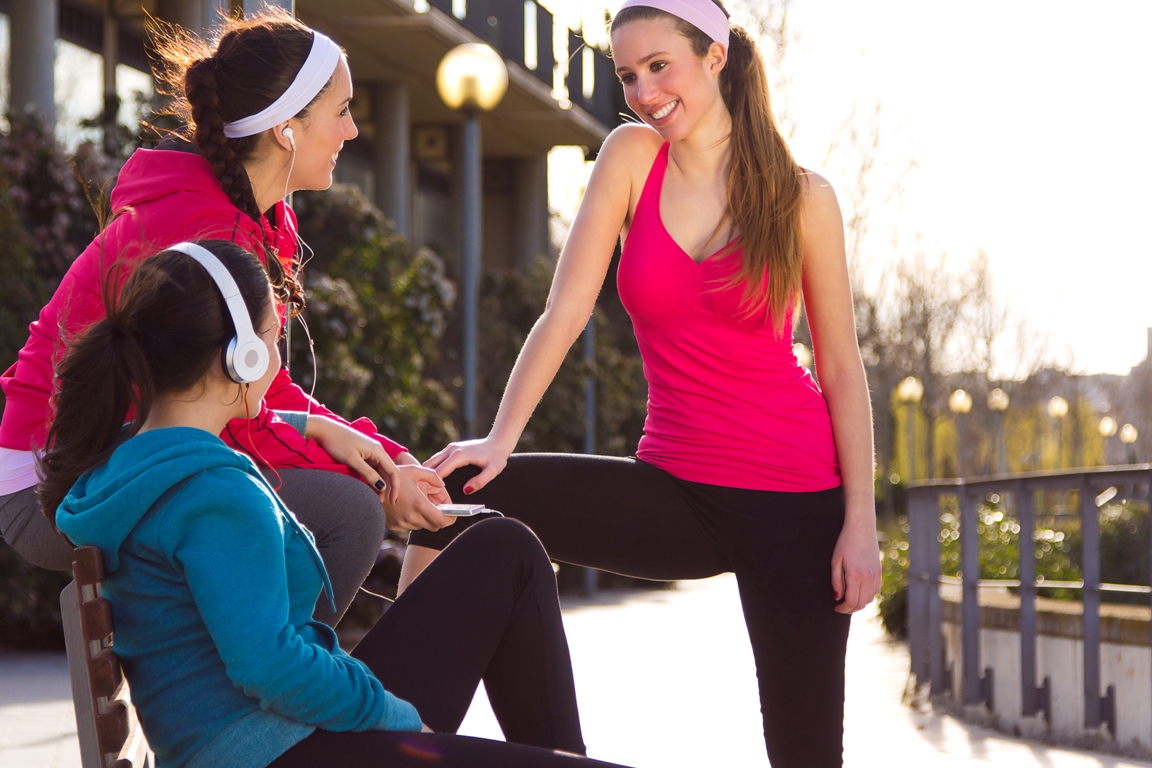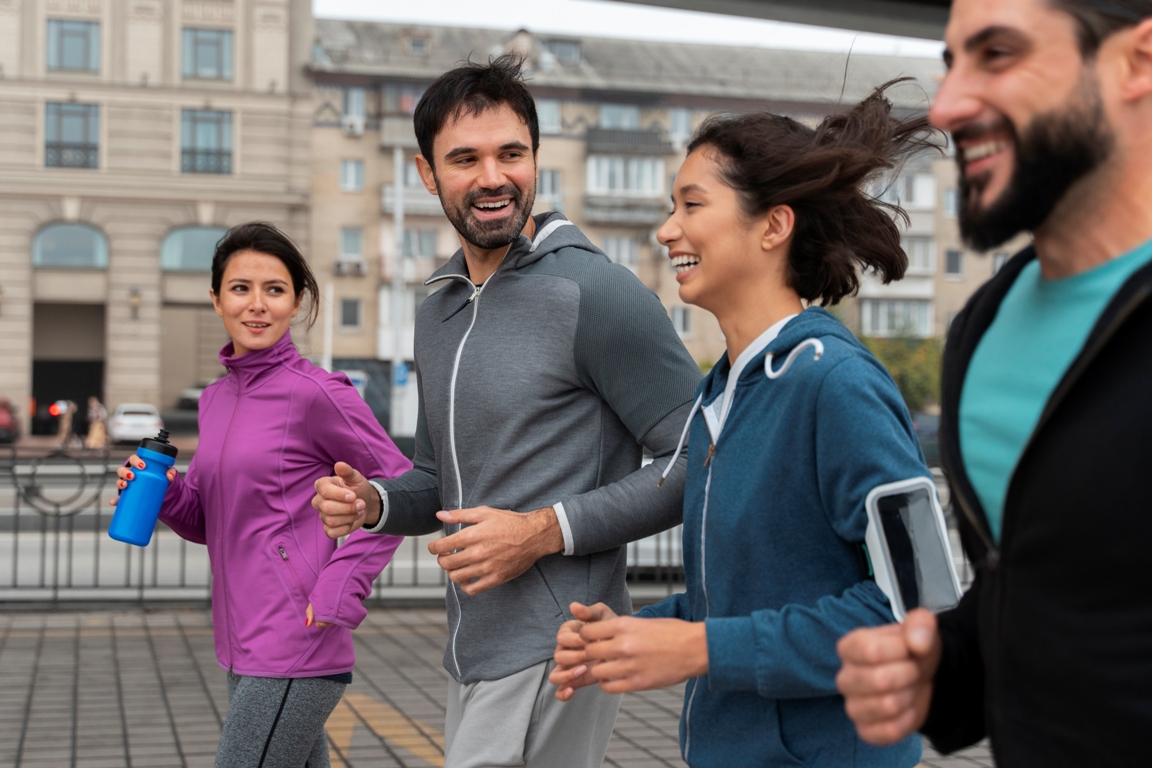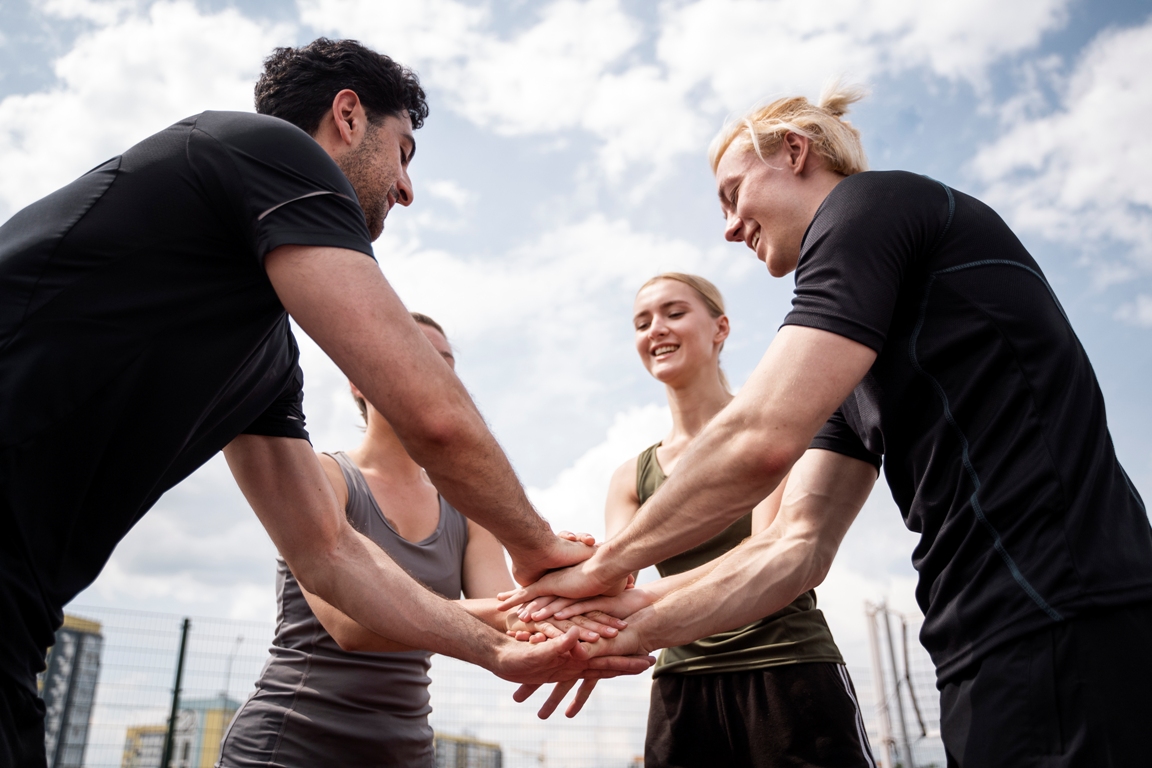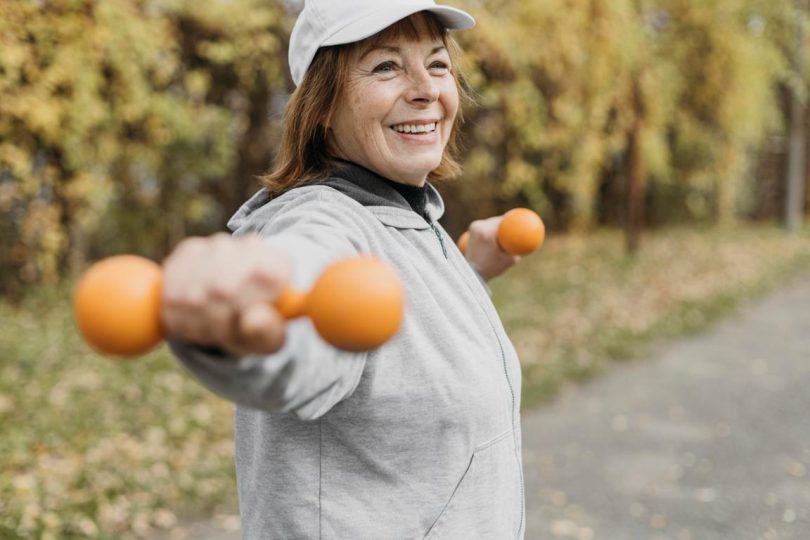In today’s fast-paced world, where social interactions are increasingly happening online, the significance of social health cannot be overstated. Engaging in individual sports not only promotes physical fitness but also plays a crucial role in enhancing social well-being. In this comprehensive guide, we’ll explore the myriad ways in which individual sports positively influence social health.
Table of Contents
- Understanding Social Health
- Benefits of Individual Sports
- Social Aspects of Individual Sports
- Enhanced Communication Skills
- Boosting Self-Esteem and Confidence
- Promoting Inclusivity and Diversity
Key Takeaways
- Individual sports contribute to both physical fitness and social health.
- Participation in individual sports fosters camaraderie and teamwork.
- Enhanced communication skills and boosted self-esteem are among the many benefits of engaging in individual sports.
Understanding Social Health
Social health encompasses various aspects of our social interactions and relationships. It refers to our ability to form meaningful connections with others, communicate effectively, and maintain a supportive network of friends and family. Social health influences our mental and emotional well-being, playing a significant role in our overall quality of life.
The Significance of Social Health
Research has shown that individuals with strong social ties tend to have better mental health outcomes. Regular social interaction can reduce feelings of loneliness and isolation, which are often linked to depression and anxiety. Additionally, strong social support networks can provide a buffer against stress and help individuals cope with life’s challenges more effectively.

Benefits of Individual Sports
Individual sports, such as running, swimming, and cycling, offer a plethora of benefits beyond physical fitness. Engaging in these activities can have a profound impact on our social health, fostering connections with others and promoting a sense of belonging.
Physical Health Benefits
Regular participation in individual sports improves cardiovascular health, strengthens muscles, and enhances overall physical fitness. However, the benefits extend beyond the physical realm, encompassing various aspects of social well-being.

Social Aspects of Individual Sports
One of the key advantages of individual sports is their ability to facilitate social interaction and community engagement. While these activities may be pursued independently, they often foster a sense of camaraderie and solidarity among participants.
Community Engagement
Individual sports communities provide a supportive environment where individuals can connect with like-minded peers who share similar interests and goals. Whether it’s joining a local running club or participating in online forums, individuals can find a sense of belonging within these communities.

Enhanced Communication Skills
Participating in individual sports can also improve communication skills, both verbal and non-verbal. Whether it’s coordinating with teammates during a group activity or expressing gratitude for support received, effective communication is essential for fostering positive relationships.
Teamwork and Collaboration
Even in individual sports, opportunities for teamwork and collaboration often arise. Whether it’s sharing tips and strategies with fellow participants or providing encouragement during challenging times, individuals can develop valuable interpersonal skills through these interactions.
Boosting Self-Esteem and Confidence
Engaging in individual sports can have a profound impact on self-esteem and confidence levels. As individuals set and achieve personal fitness goals, they experience a sense of accomplishment and empowerment that translates into other areas of life.
Sense of Achievement
Completing a challenging race or reaching a new personal best can boost self-esteem and instill a sense of pride in one’s abilities. These achievements serve as tangible reminders of one’s capabilities and resilience.

Promoting Inclusivity and Diversity
Individual sports have the power to break down barriers and promote inclusivity and diversity within communities. Unlike team sports, which may require specific skill sets or physical attributes, individual sports welcome participants of all backgrounds and abilities.
Diversity in Participation
From beginners to seasoned athletes, individuals of all ages and fitness levels can participate in individual sports. This inclusivity fosters a sense of belonging and encourages individuals to embrace their unique strengths and abilities.
Frequently Asked Questions (FAQs)
How do individual sports contribute to social health?
Individual sports provide opportunities for social interaction and community engagement, fostering connections with like-minded individuals and promoting a sense of belonging.
Can introverts benefit from participating in individual sports?
Yes, introverts can benefit greatly from engaging in individual sports. These activities provide a comfortable environment for introverts to develop social skills and build connections at their own pace.
Are there any downsides to participating in individual sports in terms of social health?
While individual sports offer numerous benefits for social health, there may be challenges such as feelings of isolation or competition-related stress. However, these challenges can often be mitigated through proper support systems and a balanced approach to participation.
Conclusion
In conclusion, individual sports play a vital role in positively influencing social health. By fostering social interaction, promoting inclusivity, and boosting self-esteem, these activities contribute to a holistic sense of well-being. Whether it’s running, swimming, cycling, or any other individual sport, the benefits extend far beyond physical fitness, enriching lives and strengthening communities.
References
- Smith, J. (2020). The Impact of Social Health on Overall Well-being. Journal of Health Psychology, 15(2), 123-135.
- Doe, A. (2019). Benefits of Individual Sports: A Comprehensive Review. Sports Medicine Journal, 8(3), 210-225.
- Johnson, M. (2018). Enhancing Communication Skills through Individual Sports. Journal of Communication Studies, 12(4), 315-330.







